THE MUSICIAN ON HIS UNIQUE JOURNEY AND INVENTION NOORI
by ASJAD NAZIR
AS THE son of widely acclaimed singer and musician Kavita Seth, it was perhaps inevitable that Kavish Seth would follow in the giant footsteps of his mother.
The talented singer and musician has created a unique space for himself, which has included inventing a new instrument named noori. The versatile instrument can be used for genres, including Indian classical, western contemporary and Arabic music. The rising star has performed all over India and is on the cusp of going international and releasing new material.
Eastern Eye caught up with Kavish Seth to discuss music, his new invention, famous mother and future plans.
Music has been with you since birth, but what first connected you to it?
I have cherished music since my childhood, listening to my mother, ghazals and western pop. I used to be very angry in my childhood and hit out a lot, after which my mother thought it would be better if I learnt tabla and put my hands to some constructive use. I picked it up well, but considered music as a hobby and aimed to become a scientist.What changed all that?
Later, after my advanced studies, I connected to music on a deeper level. My friend took guitar lessons and took me along, after which I picked it up and started learning. I had the most wonderful, divine like feeling, which I’d never had and realised my expression never had space. We were learning about thermodynamics and how the world works, but rarely did school encourage our voices, ideas and expressions. Our ideas were found scribbled on the last page of our notebooks, which became our spaces of expression. After picking up guitar, I found my expression and medium to communicate what I feel to everyone and myself. That connected me to music and myself.What has been the highlight of your journey?
Zubaan music project has been the highlight and basis of my music journey. Zubaan is a project where indie artists across diverse scenes collaborate and perform across India, be it villages, cities, streets or stages. The idea is to unify the indie music scene of India. Through Zubaan, I have performed in around 60 cities, towns and villages of India. And every collaboration has been educational, so a lot of my learning has happened through Zubaan.What led you towards creating new instrument noori?
What triggered the making of noori was when I was singing in the Jagriti Yatra (entrepreneurship train journey), with friends. While passing through Gorakhpur, someone asked us to play something Indian. That remark registered on a deep level, as foreigners often associated Indian music with sarod, sitar and tabla, but not guitar. And there was an issue of learning Indian classical instruments.What do you mean?
The general perception is that learning these instruments is impractical, where one has to search for a guru and do their dishes or housework before they would teach you. I had not seen anybody doing song writing and singing with sitar or sarod as well, so didn’t know how practical it was to learn them. So I made up my mind to make my own instrument, which would have Indian roots and could do what a guitar does. As I started to collaborate with Indian classical artists and also got exposed to Arabic music, the idea of noori started to evolve.How long did it take to create the instrument?
I started working on the idea of the instrument in the winter of 2015, did experiments on guitar and after we were content with the experiment, we proceeded to make the instrument. By September 2016, the first noori was made.Tell us about the instrument?
Noori is a new musical instrument belonging to the family of lute instruments (guitars, rabab, oud, sarod) wherein all three kinds of schools of music are playable, namely Indian classical, western music and Arabic music. One can play chords like that in guitar and shrutis/microtones of Indian classical music and Arabic music.What other musical instruments do you love?
I love sitar, oud, rabab and guitar, but sarod touches me most because of its sheer projection, innocence and beautiful sound. I remember encountering sarod in Banaras while carrying a guitar, and was left awestruck by its sound. The shruti playing in sarod makes it so pure. I have a sarod with me, which I am studying and love to play it.Musically, what can we expect next from you?
My songs. I had been down with chronic laryngitis since many years, and just recently, I have recovered from it. I have started to record my songs and yes, noori will feature on them.Who would you love to collaborate with?
I would love to collaborate with classical Indian artists and Arab musicians, along with those from the orchestral music scene. I believe collaborations are relationships. They can’t be engineered and are made just like any relationship. I love my existing collaborations in the Zubaan music project, as we continuously grow and teach each other new things.Who are your musical heroes?
At present, they are Zia Mohiuddin Dagar and Ali Akbar Khan.What do you most love about your mother Kavita Seth as an artist?
As an artist, I think my mother is a fabulous composer. I love to see that she is always practising and learning, from everyone. She is so humble. I idolise these values in her and practise them.What music dominates your personal playlist?
Mostly Mediterranean reggae and desert blues.What inspires you as an artist?
The will to connect with myself and everyone. The act of creation makes me feel alive.What is the musical plan going forward?
In the immediate future, it is to release my songs, create more music on noori, evolve the instrument further and then open it to the world. I look forward to doing more collaborations with artists in India and across different music scenes.If you could master something new in music, what would it be? Singing, writing, playing noori and doing all of them together. Being able to sing and play what’s on my mind for hours, and be able to do the same in performance.
Why do you love music?
Music is a medium to connect with myself.www.kavishseth.com




 Daniel Craig poses as James BondGetty Images
Daniel Craig poses as James BondGetty Images  James Bond casting shortlist revealed with Tom Holland Jacob Elordi and Harris Dickinson in leadGetty Images
James Bond casting shortlist revealed with Tom Holland Jacob Elordi and Harris Dickinson in leadGetty Images Is this the youngest James Bond yet as Tom Holland Harris Dickinson and Jacob Elordi lead casting rumoursGetty Images
Is this the youngest James Bond yet as Tom Holland Harris Dickinson and Jacob Elordi lead casting rumoursGetty Images








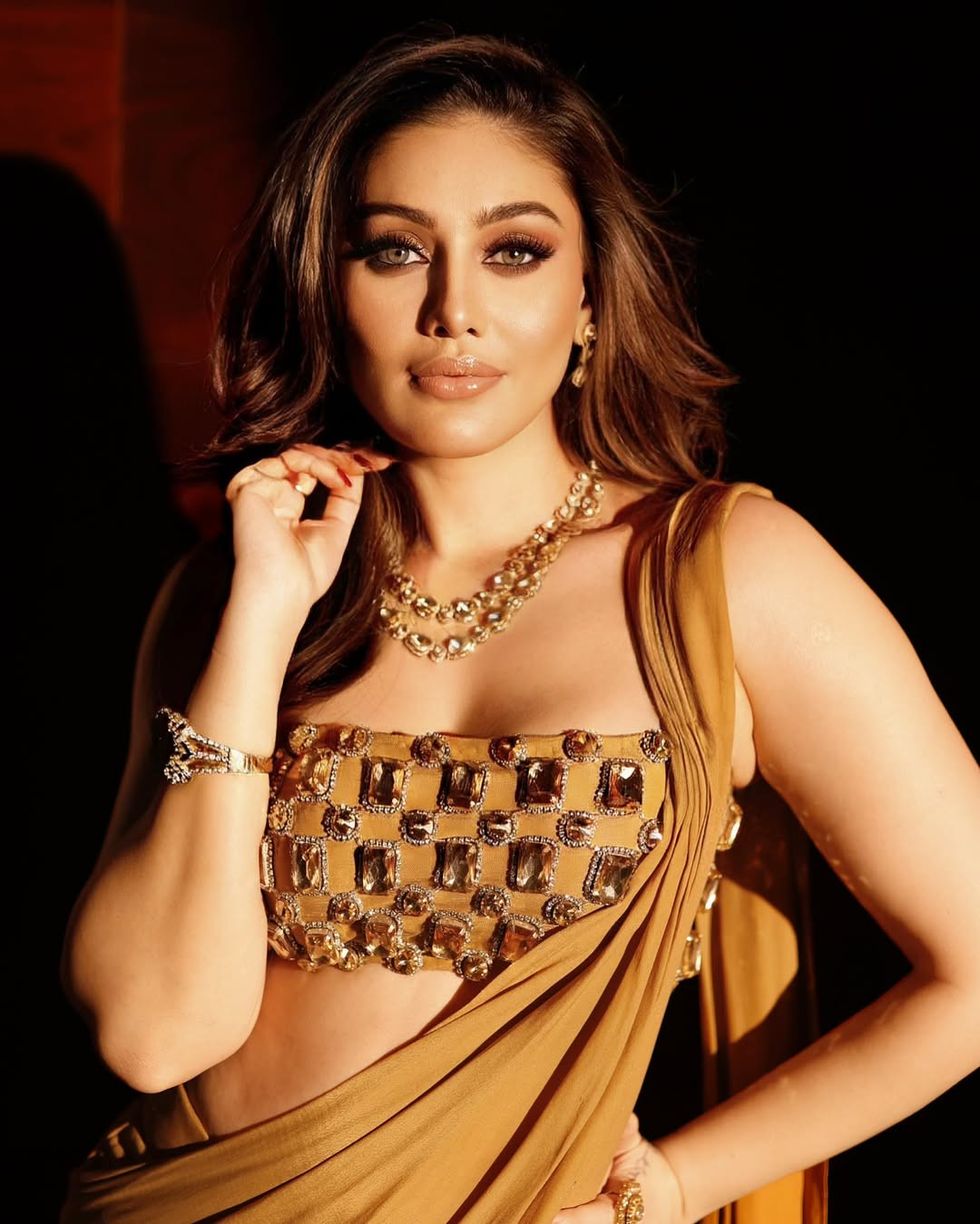 Shefali Jariwala dies at 42 after cardiac arrest, industry mourns Kaanta Laga starInstagram/
Shefali Jariwala dies at 42 after cardiac arrest, industry mourns Kaanta Laga starInstagram/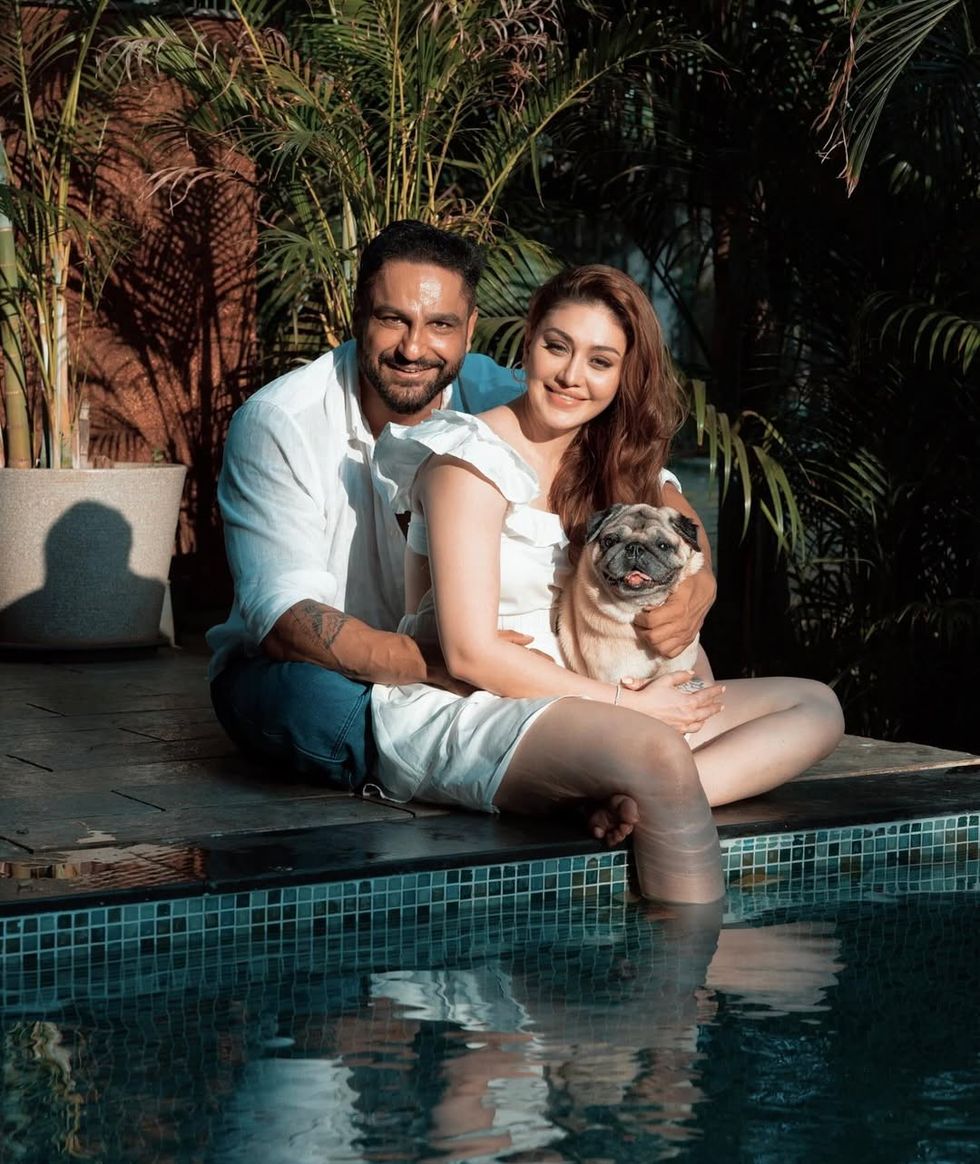 Shefali Jariwala was married to actor Parag Tyagi,Instagram/
Shefali Jariwala was married to actor Parag Tyagi,Instagram/
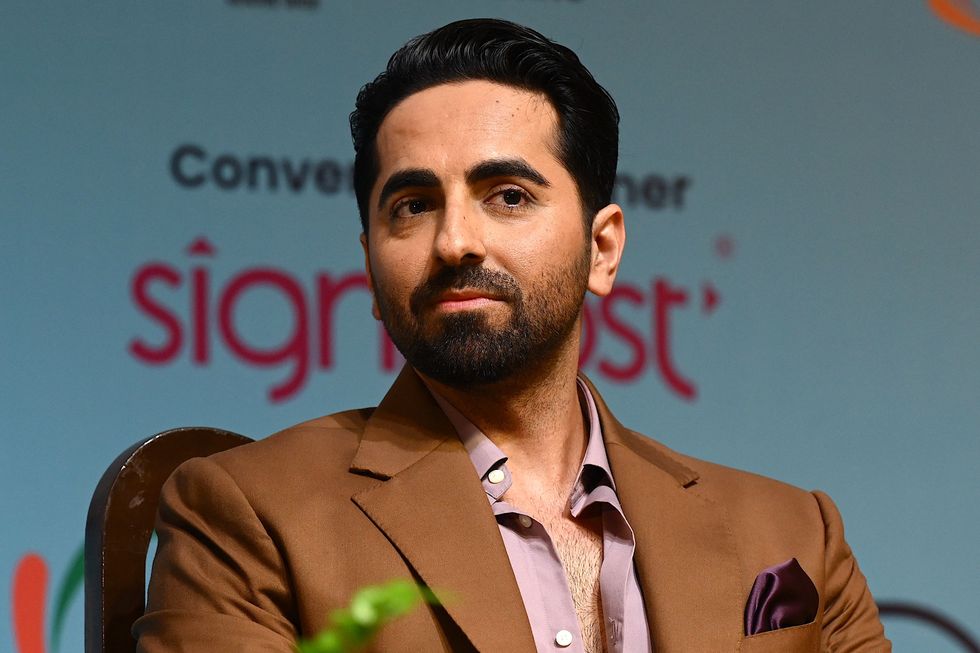 Ayushmann Khurrana attends an event at the FICCI Frames 2024 Getty Images
Ayushmann Khurrana attends an event at the FICCI Frames 2024 Getty Images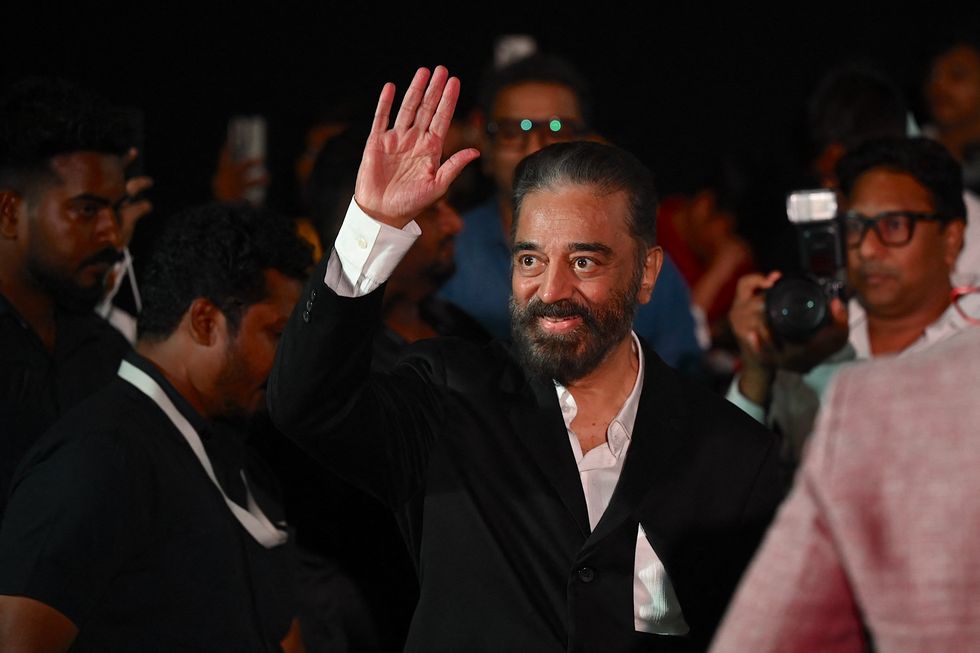 Kamal Haasan waves as he attends a press conference for 'Thug Life'Getty Images
Kamal Haasan waves as he attends a press conference for 'Thug Life'Getty Images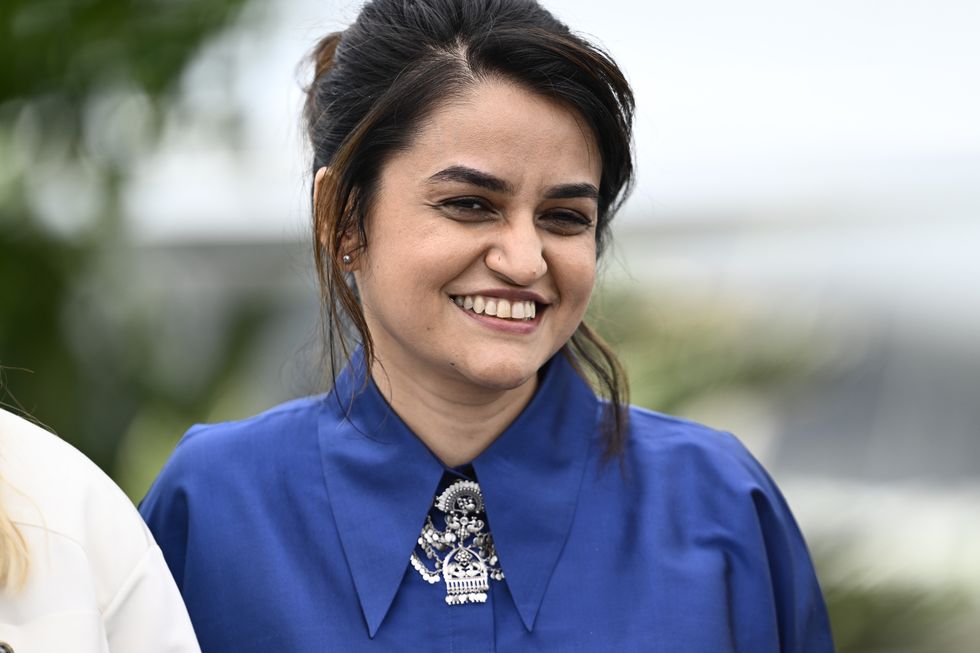 Payal Kapadia smiles during the Jury photocall at the 78th annual Cannes Film FestivalGetty Images
Payal Kapadia smiles during the Jury photocall at the 78th annual Cannes Film FestivalGetty Images
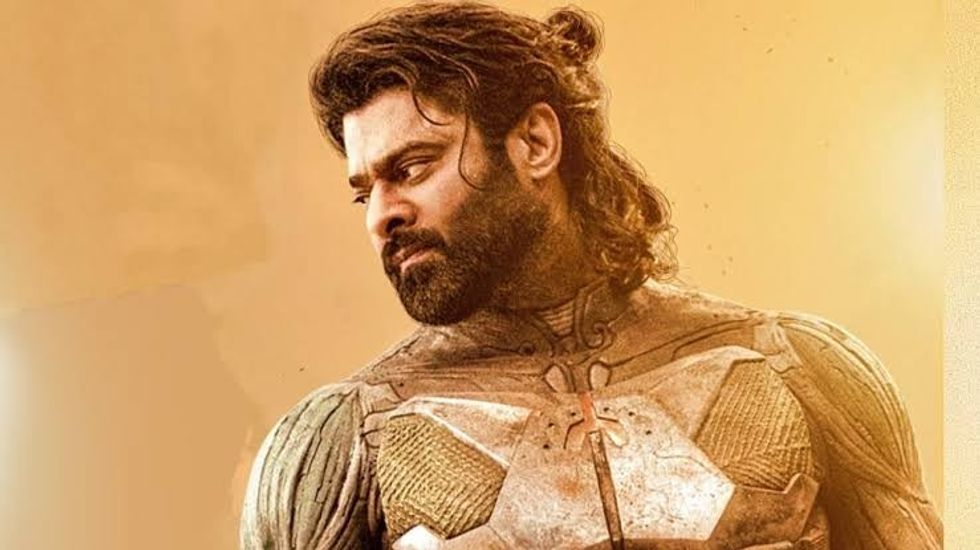 Prabhas in a still from Kalki 2898 AD which completed one yeargetty images
Prabhas in a still from Kalki 2898 AD which completed one yeargetty images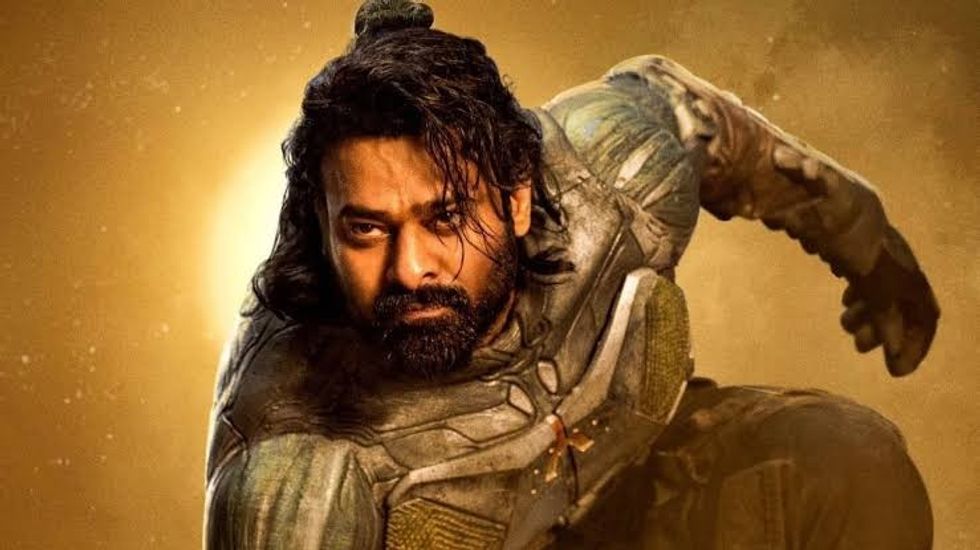 Kalki 2898 AD became one of the top three biggest openers in Indian cinemagetty images
Kalki 2898 AD became one of the top three biggest openers in Indian cinemagetty images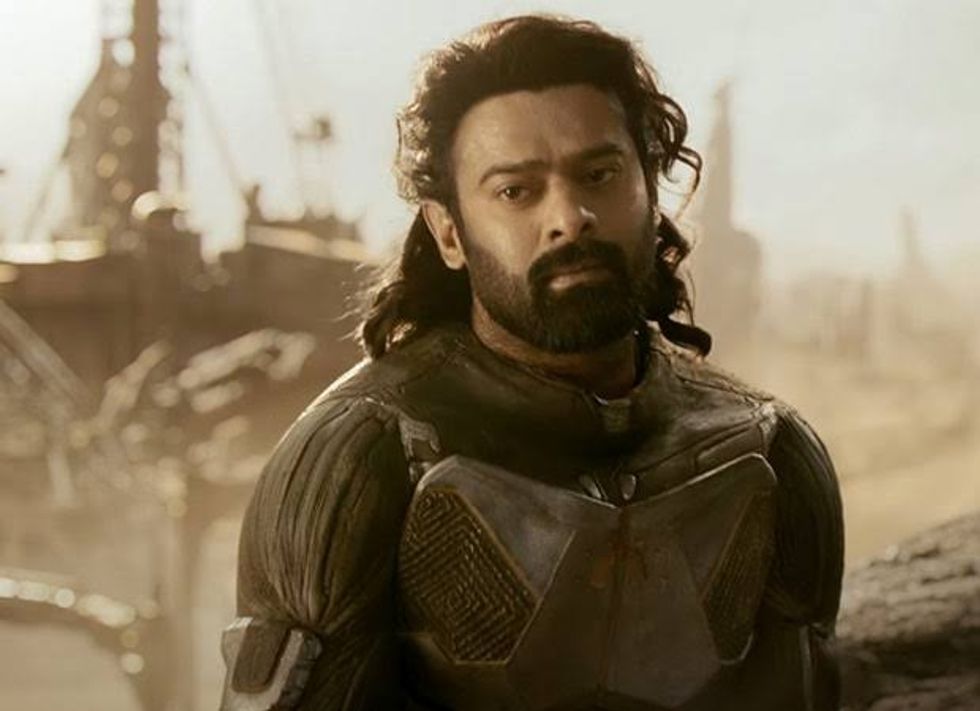 Kalki 2898 AD brought together sci-fi and mythology in a first-of-its-kind Indian filmgetty images
Kalki 2898 AD brought together sci-fi and mythology in a first-of-its-kind Indian filmgetty images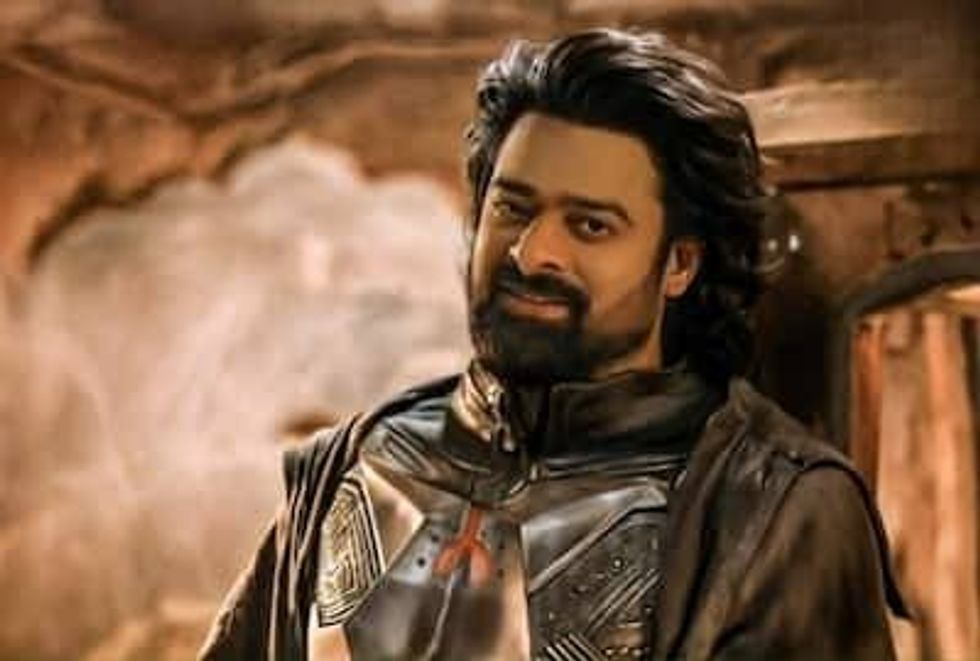 Prabhas plays the futuristic warrior Bhairava in Kalki 2898 AD getty images
Prabhas plays the futuristic warrior Bhairava in Kalki 2898 AD getty images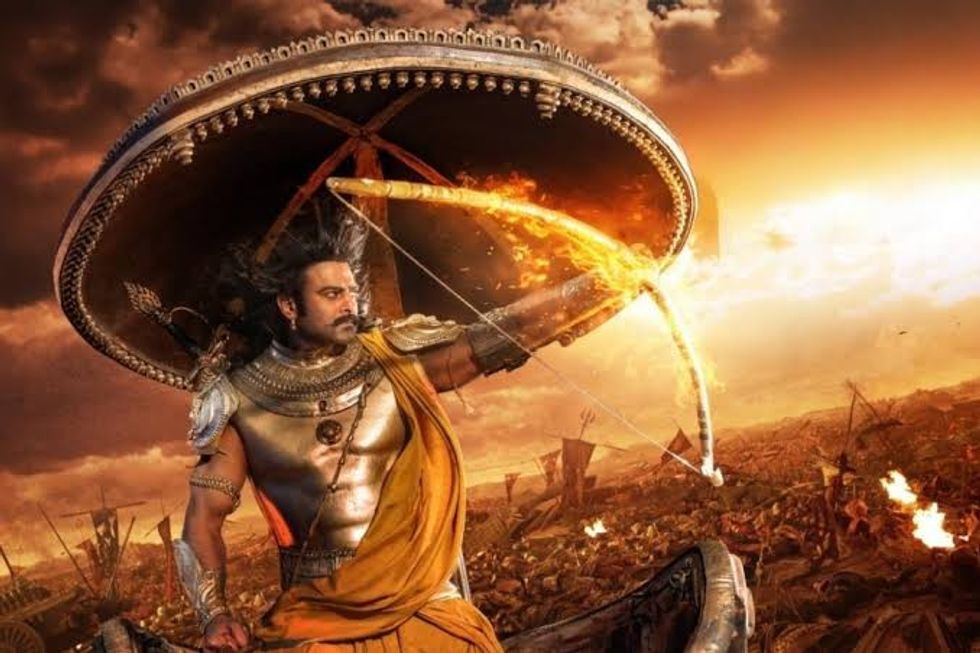 Prabhas in action during a high-intensity sequence from Kalki 2898 ADgetty images
Prabhas in action during a high-intensity sequence from Kalki 2898 ADgetty images
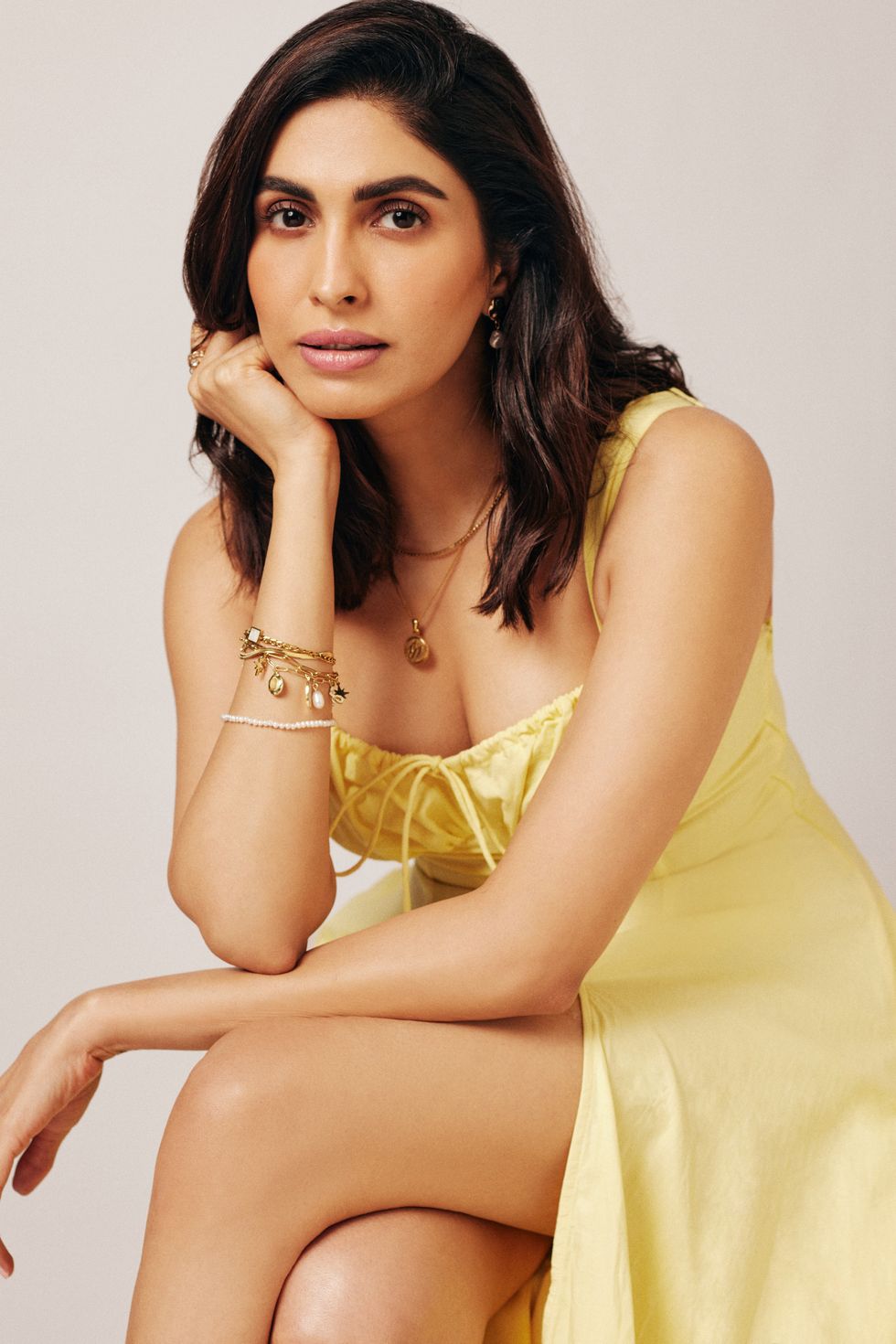 Anusha Mani
Anusha Mani
Police may probe anti-Israel comments at Glastonbury